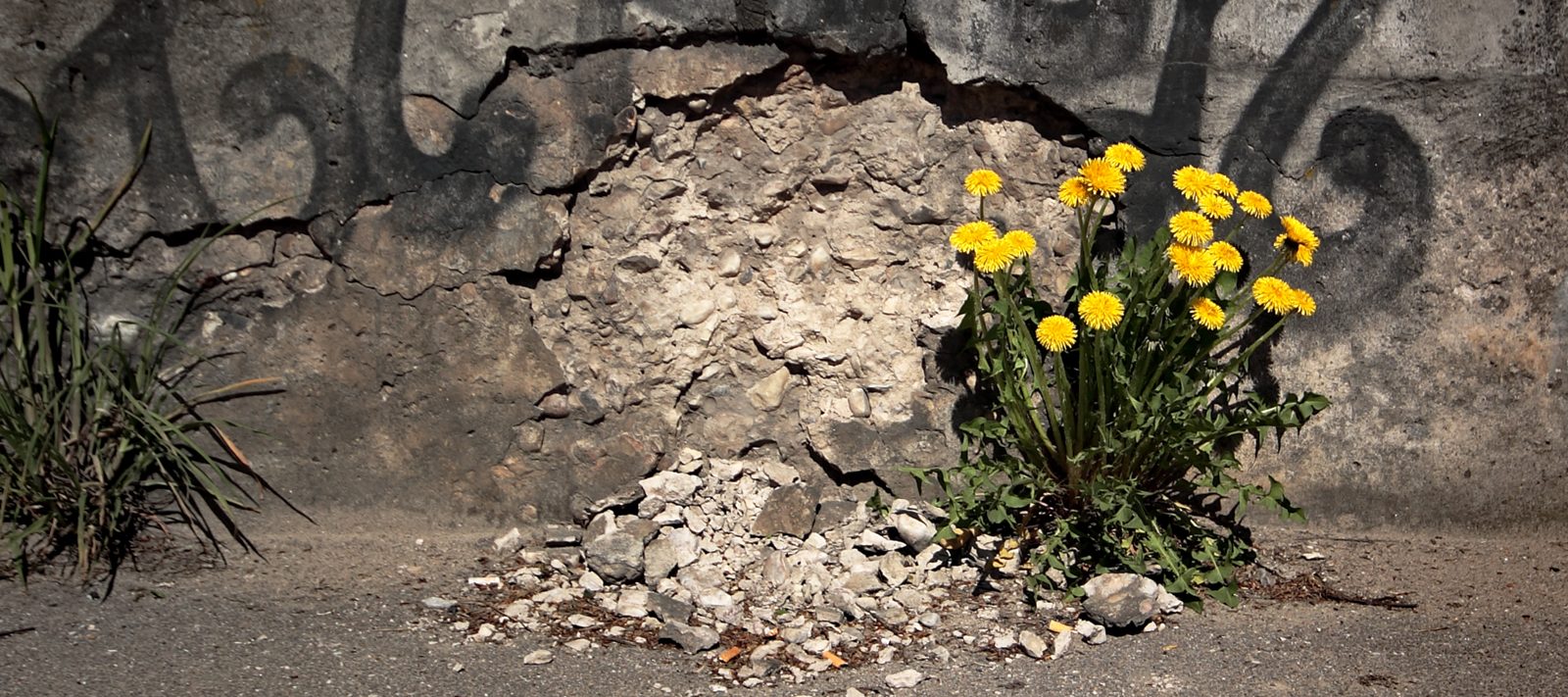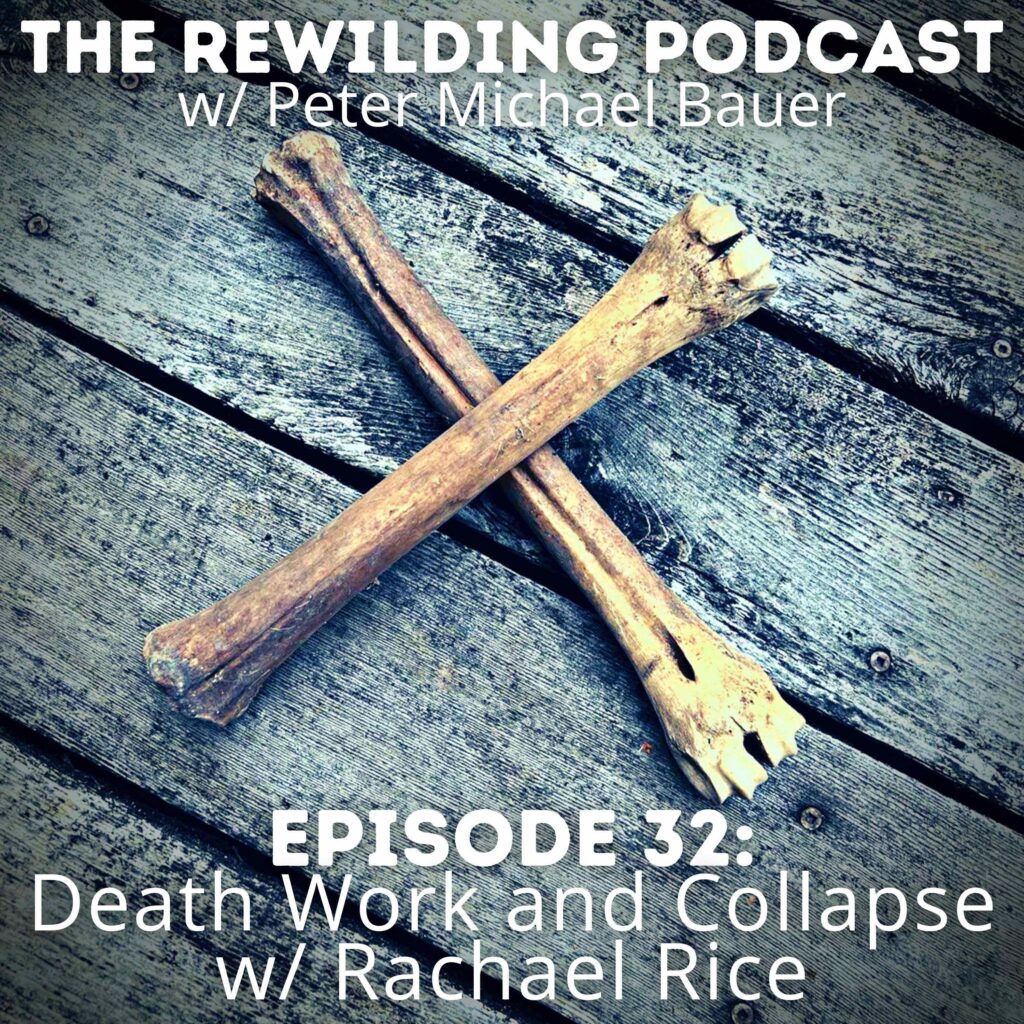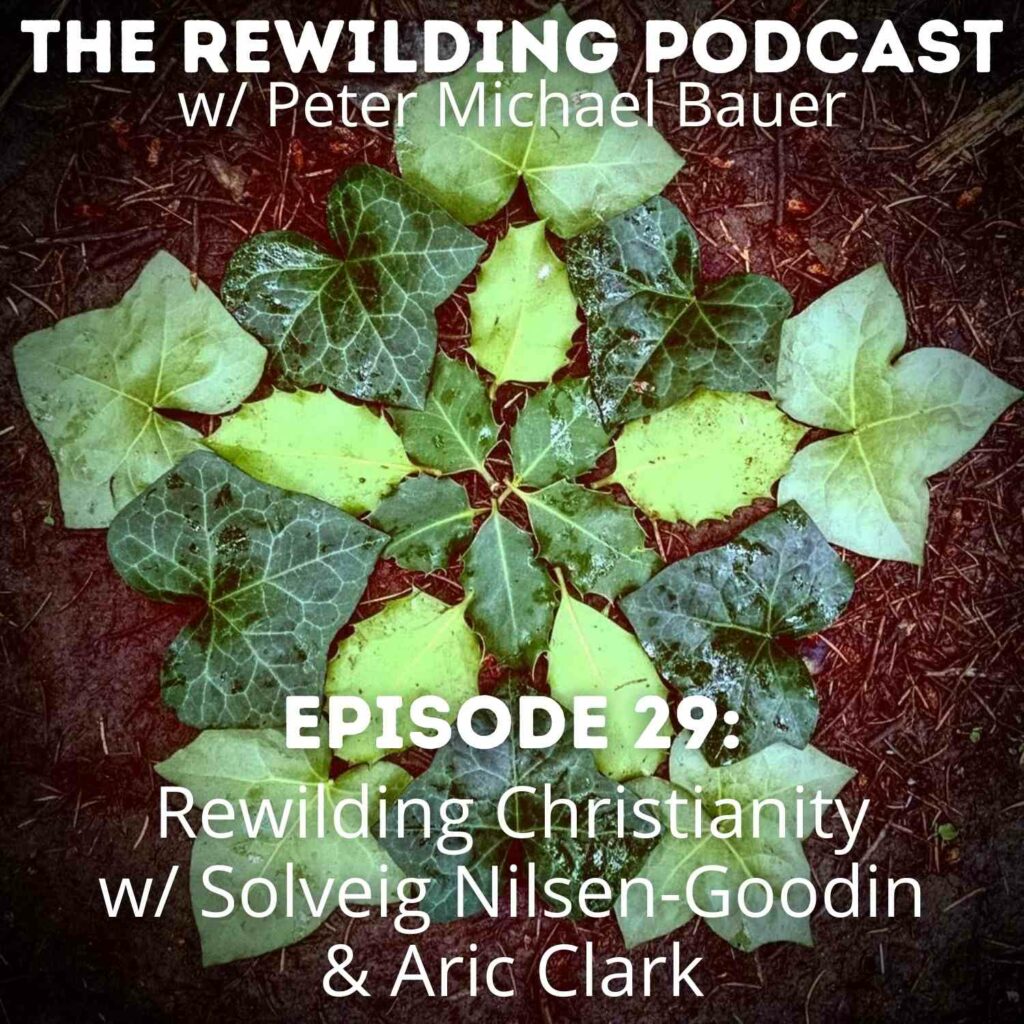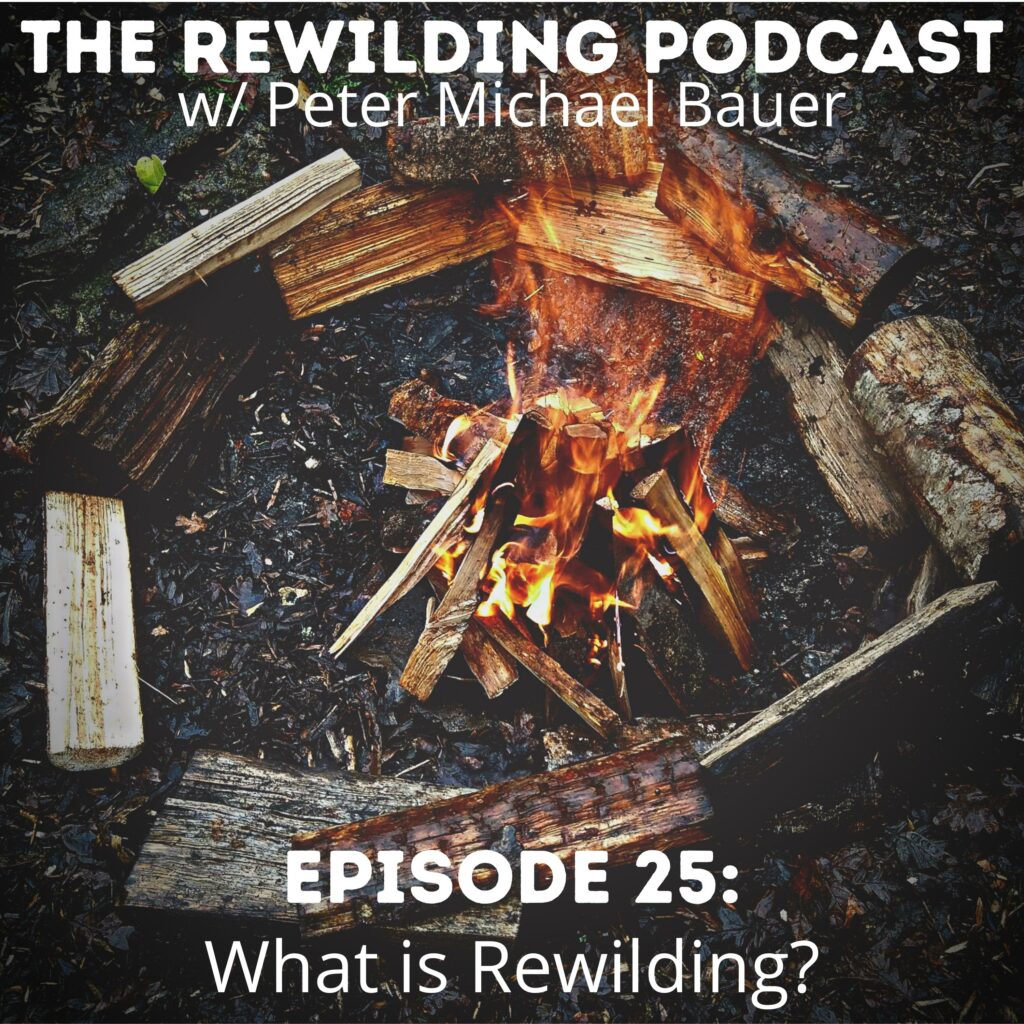My guest for this episode is Samantha Zipporah. Samantha is devoted to breaking the spells of oppression in reproductive & sexual health through education, healing & liberation. She has over 20 years of experience honing her craft as an educator, guide & caregiver tending to fertility, sex, & cycles spanning the full womb continuum. Sam’s work rises from an ancient lineage of midwives, witches, & wise women. A fierce champion of critical thinking skills, her knowledge is integrative & inclusive of modern medicine & science as well as traditional & ancient healing practices. Sam provides vital education for everyone from professionals to preteens in her books, courses, & live classes. Her online community The Fruit of Knowledge features monthly live workshops & an abundance of resources & dialogue for womb wisdom keepers & seekers.
In this conversation Samantha and I talk about rewilding contraception, and a few of the threads connected to that.
Notes
Samantha’s Website
https://www.samanthazipporah.com/
Samantha’s Linktree
https://linktr.ee/samanthazipporah
Samantha’s Instagram
https://www.instagram.com/samanthazipporah/
Other Mentions:
- Peter’s “How to Rewild Yourself” Memes
- Seeing Like a State by James C. Scott
- Sand Talk by Tyson Yonkaporta
- Caliban and the Witch by Silvia Federici
- IUD Side Effects Facebook Group
- IUD Awareness Website
- Please Bleed: Plants and Practical Magic
- Conscious Contraception Skillshare
- Miscarriage and Abortion Support Course
- Incidence of Post-Vasectomy Pain: Systematic Review and Meta-Analysis








